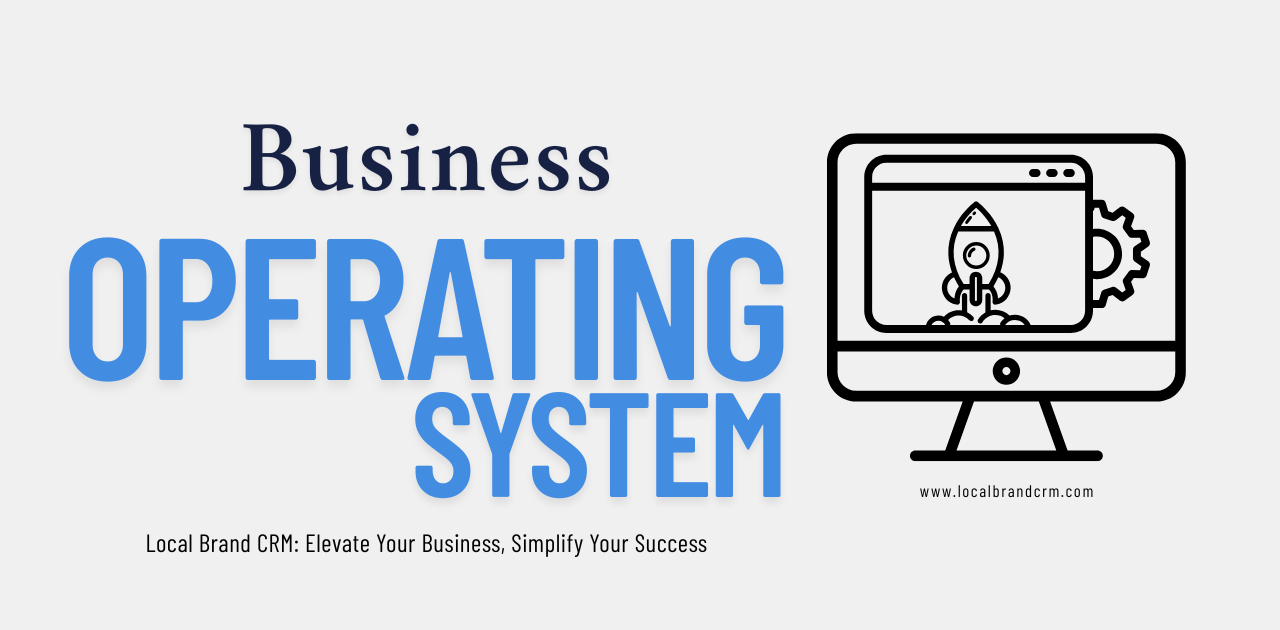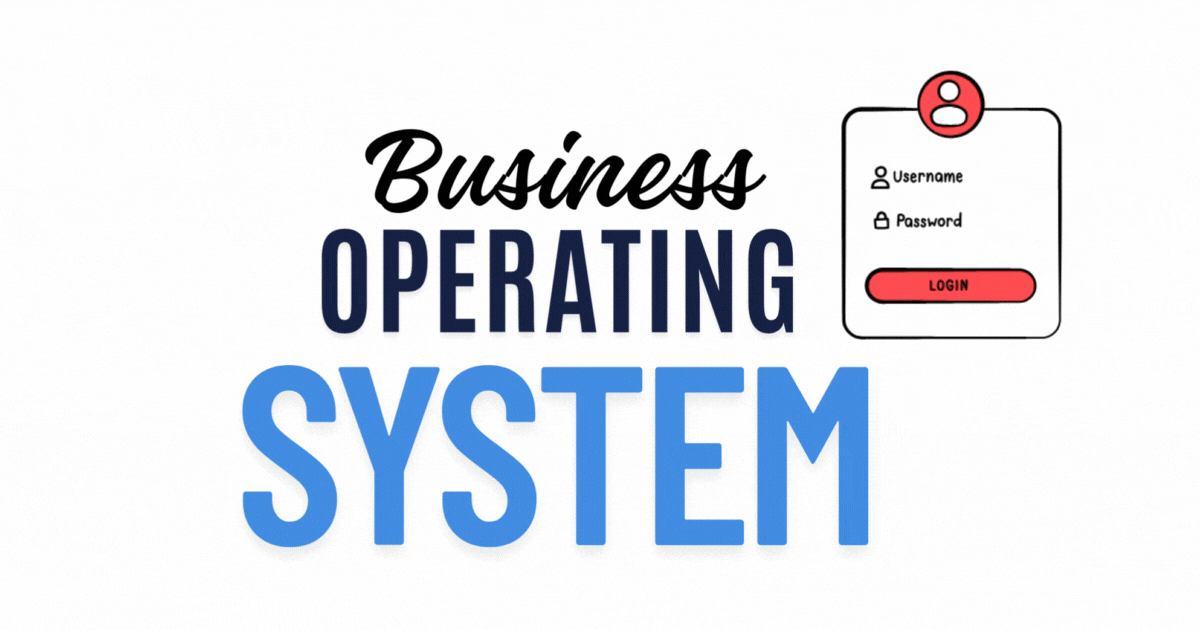How to Choose the Right CRM Software for Your Business: Platforms, Systems, and Enterprise Solutions
Your CRM system serves as the backbone of customer interactions, sales tracking, marketing management, and overall business growth.

Introduction
Choosing the right CRM software is one of the most critical decisions a business can make. A Customer Relationship Management (CRM) system serves as the backbone of customer interactions, sales tracking, marketing management, and overall business growth. With a wide range of CRM platforms available, each offering unique features and integrations, selecting the most suitable solution can feel overwhelming. The right CRM can streamline operations, automate processes, and improve customer retention, while the wrong choice can lead to wasted resources and operational inefficiencies.
Businesses today are increasingly viewing their CRM not just as a tool but as a business operating system that underpins their entire customer journey and internal workflows. For enterprise-level companies, the stakes are even higher, as their CRM must be scalable, customizable, and robust enough to handle complex processes. This article will guide you through the essential factors to consider when choosing CRM software, how to evaluate CRM platforms, and why selecting the right system is pivotal for business success.
We'll also explore how CRM software can function as a comprehensive business operating system, provide insights into selecting CRM for enterprise use, and offer a practical checklist to simplify your decision-making process. Whether you're a small business or a large corporation, understanding the selection process can help you maximize the benefits of your CRM investment and ensure that your system evolves with your business needs.
What is CRM Software?
CRM software is designed to manage a company’s interactions with current and potential customers. It helps businesses organize customer data, automate sales pipelines, streamline marketing campaigns, and improve service delivery. At its core, a CRM system functions as a centralized database that provides visibility across the customer lifecycle, from initial contact to post-sale support.
The primary features of CRM platforms often include contact management, opportunity tracking, lead nurturing, sales forecasting, and reporting dashboards. These tools allow businesses to automate repetitive tasks, personalize communication, and ensure that no customer interaction falls through the cracks. CRM systems can also integrate with other software such as email marketing platforms, customer service applications, and accounting systems to create a unified business ecosystem.
When selecting CRM software, it's essential to focus on scalability, ease of use, mobile accessibility, and integration capabilities. Businesses should evaluate whether the CRM supports their specific workflows and can adapt to future growth. Popular CRM platforms like Salesforce, HubSpot, and Zoho offer modular solutions that can be tailored to different industries and business sizes, making them attractive choices for a wide range of organizations.
Evaluating CRM Platforms
When comparing CRM platforms, it’s important to assess more than just the features. You need to consider how well the platform aligns with your company's goals, operational structure, and customer engagement strategies. Key factors to evaluate include customization options, user interface design, pricing models, third-party integrations, and customer support services.
Different CRM platforms cater to varying business sizes and needs. For example, small businesses may benefit from user-friendly CRMs with quick implementation and affordable pricing, while larger enterprises often require advanced customization, multi-departmental access, and sophisticated reporting tools. A CRM like Salesforce is known for its deep customization and robust app ecosystem, while platforms like HubSpot offer intuitive workflows and strong marketing automation features.
Consider whether the CRM platform supports mobile CRM access, as sales teams frequently work on the go. Additionally, check if the platform integrates seamlessly with your existing marketing automation and sales automation tools to ensure smooth data flow across systems. Always prioritize platforms that can evolve with your business needs and offer strong customer support to assist with future challenges.
Understanding CRM as a Business Operating System
Today’s top-performing businesses often utilize their CRM software as a business operating system that orchestrates their entire customer-facing operations. This approach goes beyond simple contact management and transforms CRM into a strategic asset that drives cross-departmental collaboration, process automation, and real-time decision-making.
By integrating CRM into core business processes, companies can automate workflows, unify customer data, and provide personalized experiences at scale. This system-centric approach ensures that marketing, sales, and customer service teams work from a single source of truth, eliminating data silos and improving operational efficiency.
A CRM as a business operating system can automate customer follow-ups, trigger personalized marketing campaigns based on user behavior, and enable predictive sales forecasting. When connected to project management tools and inventory systems, the CRM also plays a critical role in supporting seamless order processing and service delivery.
"A CRM that functions as a business operating system isn’t just software—it’s the command center that enables customer-centric growth and operational excellence."
Ultimately, choosing a CRM that can serve as your business’s operational core will give you the flexibility and scalability needed to adapt to evolving market demands and customer expectations.
Choosing CRM for Enterprise Needs
For larger organizations, selecting CRM for enterprise use requires a more sophisticated approach. Enterprises need CRM platforms that can manage large datasets, support complex workflows, and provide granular user permissions. Security and compliance are also critical, especially for companies operating in highly regulated industries.
Enterprise CRMs such as Salesforce, Microsoft Dynamics, and Oracle CRM offer high levels of customization, API access, and extensive reporting capabilities. These systems can integrate with enterprise resource planning (ERP) solutions, finance systems, and custom-built applications, making them suitable for businesses with complex technology stacks.
Scalability is paramount for enterprise CRM systems. As companies grow, the CRM must be capable of handling increased data volume, more users, and additional business units without performance degradation. Enterprises should also ensure the platform offers multi-language and multi-currency support if they operate in international markets
Additionally, it’s important to assess the CRM provider’s roadmap and innovation strategy. Will the platform continue to evolve and offer cutting-edge features such as AI-powered insights, predictive analytics, and advanced automation? Enterprise CRM users should prioritize platforms that invest heavily in continuous improvement and security enhancements.
Checklist for CRM Selection
Before making your final decision, use the following checklist to ensure you’re selecting the right CRM software for your business:
- ✅ Does the CRM align with your business size and industry?
- ✅ Is the CRM scalable to support future growth?
- ✅ Are mobile access and cloud deployment available?
- ✅ Can the CRM integrate with your existing tools and systems?
- ✅ Does the platform offer customization for your workflows?
- ✅ Are sales and marketing automation features included?
- ✅ Does the CRM provide strong reporting and analytics?
- ✅ Are customer support and training resources adequate?
- ✅ Is the pricing structure transparent and within budget?
- ✅ Does the CRM offer a free trial or demo version?
Using this checklist will help you objectively compare options and ensure your selected CRM aligns with both your short-term goals and long-term growth strategy.
Conclusion
Choosing the right CRM software is a strategic decision that can significantly influence your business’s ability to attract, convert, and retain customers. From small businesses seeking simplicity to enterprises demanding robust, scalable solutions, the right CRM platform serves as both a customer management tool and a powerful business operating system.
When evaluating CRM platforms, it's essential to consider your company’s size, industry, and operational complexity. Prioritize systems that support integration with existing tools, offer comprehensive automation features, and provide the flexibility to customize workflows to your specific needs. For enterprises, ensure the CRM can scale effectively and meet stringent security and compliance requirements.
By taking a holistic approach to CRM selection, you can ensure your investment drives long-term value and positions your business for sustained growth. The benefits of selecting the right CRM extend beyond sales and marketing — they impact customer satisfaction, employee productivity, and your overall competitive advantage.
Start by carefully reviewing your business objectives, leveraging the CRM selection checklist, and exploring leading platforms that align with your goals. Whether you’re adopting your first CRM or upgrading to a more advanced system, choosing wisely will empower your business to thrive in today’s customer-centric landscape.



